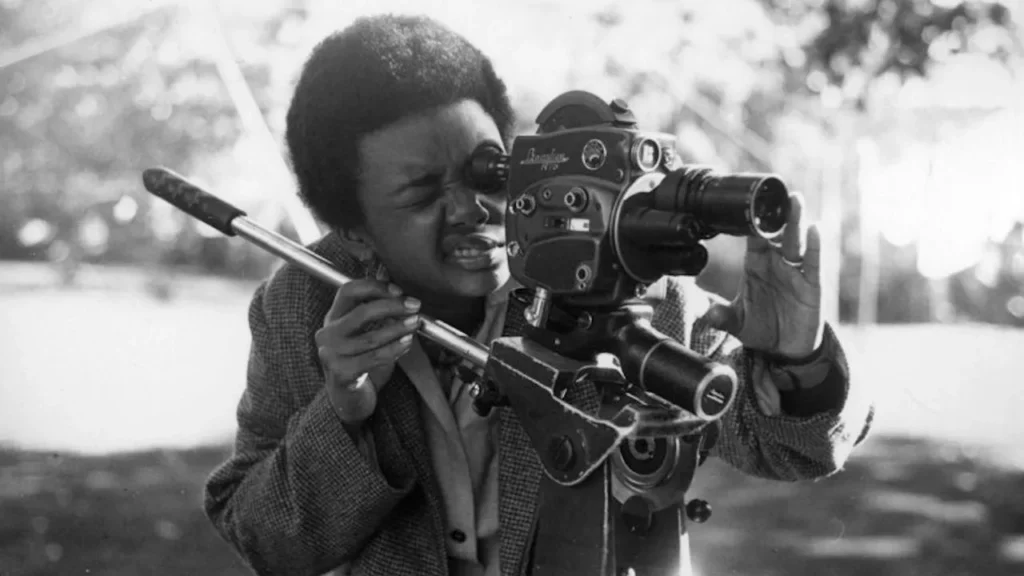Your story “Prophecy” revolves around Dev, a young Indian man whose controlling family—grandfather, father, and uncles—has a real-estate business, where he is put to work once he turns twenty-two. What inspired you to tell Dev’s story?
I grew up around men who lived in what we called “joint families,” which is to say families that lived together and were often in business together. The complexities of such an arrangement fascinated me: What happens to your relationship with your parent or your sibling when that person is also your business partner? What kind of struggles or competitions arise? And, once you’re in such a system, how do you find a way out?
Judging by what I witnessed as a child, the separation of a “joint family” can be brutal. Relatives became alienated over the smallest monetary disputes, and arguments both personal and business-related can fester into issues that split a household in two. I wanted to explore what might happen to a young man who begins to see the flaws of an arrangement like this. Once he is brave enough to imagine a more independent life for himself, how can he enact his escape?
Dev meets and falls in love with a woman whose life style is less traditional than his—or, more specifically, who has rebelled against the kind of traditional marriage her parents had. The cultural distance between them is at the heart of the story. It’s clear what Dev sees in Jagriti, but what do you think she sees in him?
In their first meeting, Jagriti and Dev bond over their shared disillusionment with Dev’s family’s real-estate company. I think Dev’s willingness to side with Jagriti in that moment tells her that there is a freethinking part of him looking for expression. Later, she witnesses his desire to expand his mind—first by borrowing her books, and then in their shared decision to study astrology. They are two people who know that they have to understand the world they come from before they can try to create something new for themselves. I think Jagriti senses a reflection of her own questioning and critical mind in him.
Did you know from the start that the fate of their relationship would hinge on a Vedic astrology reading?
Yes. I often write toward certain images or scenes that seem to glow for me, and in this story the scene I was writing to arrive at, so to speak, was that of Dev drawing out his daughter’s birth chart in the hospital hallway. From there, I worked backward to figure out the story. Why did this man know how to draw a birth chart, and why did he so desperately need to do so in that moment? It occurred to me then that he was drawing out the chart because he needed hope that his newborn daughter would live—so perhaps he’d been given a reading at some point that predicted he wouldn’t have any children.
I also grew up around a lot of astrological talk. My parents’ birth charts were read when they decided to get married, and so were the charts of many of their friends. I was always curious about the ethics of these readings. What might an astrologer have seen and kept to himself, and what prejudices did an astrologer bring to the task? It felt absurd to me that marriages were encouraged or denied based on the word of a complete stranger who claimed to possess this magical ability to predict the future. Of course, the idea of anyone actually possessing this power also intoxicated me. Which is all to say that love and astrology have been intertwined in my mind for a long time, and I wanted to explore how these opposing forces—one spontaneous, miraculous, the other a meticulous calculation, performed for a fee—could exist in the same universe.
The character of Dev’s family maid, Bhakti Bai, is a kind of through line in the story. What made her emerge as so useful in your storytelling?
When I wrote that first scene with Dev and Bhakti Bai in the kitchen, I was drawn to the foreknowledge she had about Dev’s situation—how the men use her to pass the message that Dev has been invited to stay for the meeting. It became obvious to me then that Bhakti Bai would be the woman in the household who knew the men best. She is physically closest to the men during their meetings, constantly bringing in this and that from the kitchen, and she can likely hear some of their plans through the walls. All this grants Bhakti Bai knowledge that no one else has. When it comes time for Dev to leave the business behind, she becomes the best person to advise him on the matter. It helps, too, that she has no stake in Dev’s success as a working man. If Dev leaves the family business, it doesn’t affect her job. This allows her to act selflessly when it comes to him. Unlike Dev’s own father, who has to think of the business and his social standing, Bhakti Bai is in a position to root for Dev’s happiness.
At the end of the story, you jump ahead many years and allow Dev’s child to deliver the coda, so to speak. What made you want to pull in this other perspective—or is that the voice that has been telling the story all along, without our knowing?
One of the first drafts of this story had the voice of the coda in the beginning, too, framing the story as a kind of monologue. This felt necessary to me at the time because I knew there was going to be an unanswered question in the story, which was: What was it that the astrologer really saw in Jagriti’s chart? So I did envision it as a daughter’s story all along. Or rather, a daughter’s attempt to make sense of her parents’ story, which in the end is still only an attempt.
This is your first story in The New Yorker, and you’re currently working on your first novel. Can you tell us a bit about how you came to writing, and about the book in progress?
My parents are very funny storytellers, though I hope they don’t read this and become self-conscious about what they tell me. So much of what I write about comes from them and from our lives in India and Dubai before we moved to the States, when I was about sixteen. I think most of my writing life is a result of missing people and places terribly, as well as wanting to know more about the people and places my parents miss.
My novel follows a young woman reuniting with her childhood nanny in Mumbai for a few days, after years apart. I think of it as a homecoming book, as well as a homemaking book, which is to say it’s concerned with questions of who gets to make a home and call it their own. Like much of my work, it’s also a kind of love story. ♦
Source link



